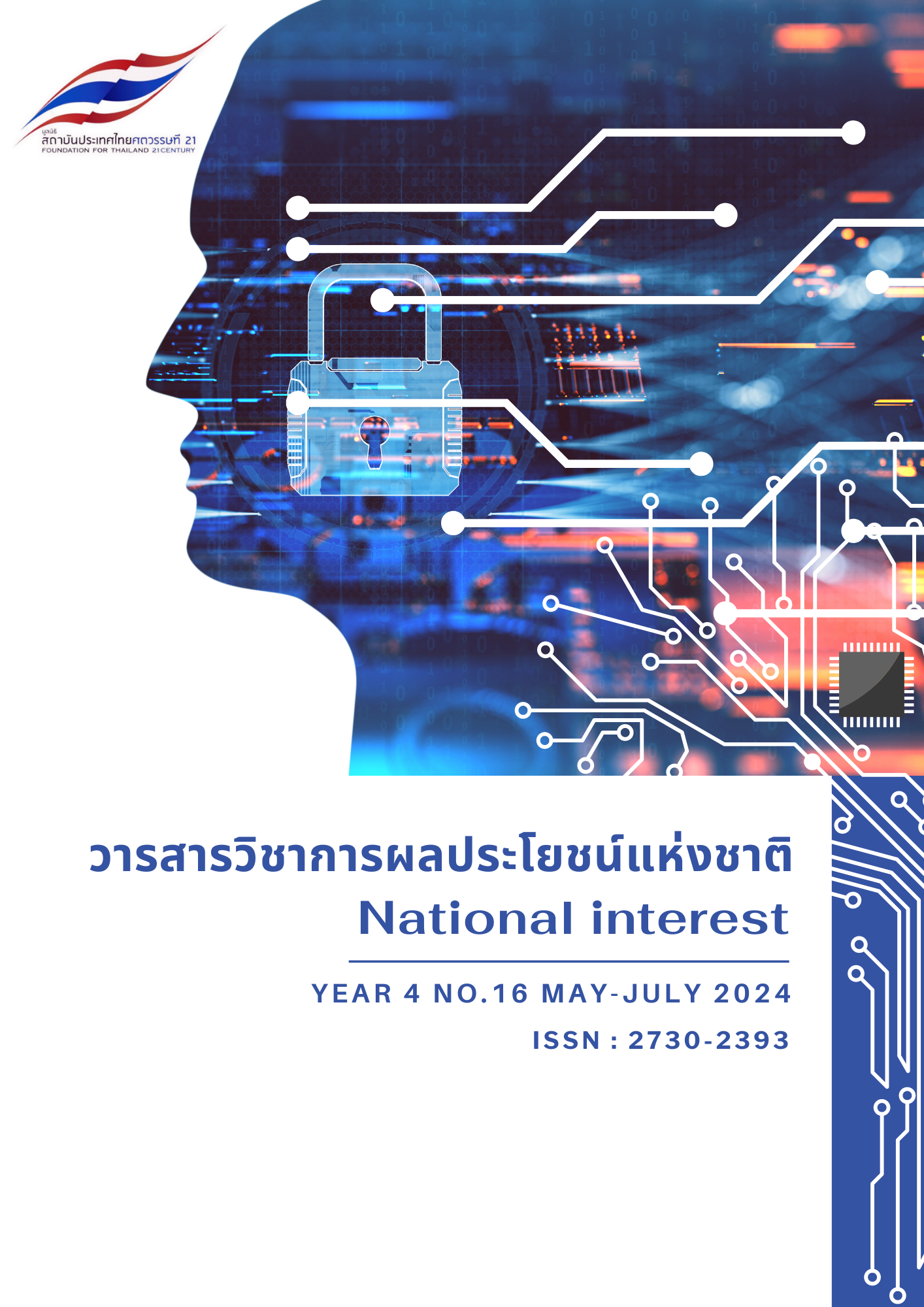Adapting Higher Education to the Challenges of Globalization: Balancing Global Trends and Local Traditions
Main Article Content
Abstract
The article delves into the effects of globalization on higher education, with a specific emphasis on curriculum development and implementation in the 21st century. It emphasizes the importance of global competence in ensuring graduates' success, as well as the necessity of honing professional skills and intercultural effectiveness. The authors strongly advocate for the integration of technology, including learning management systems and digital tools, to elevate the standard of education and equip students with the necessary skills for success in the digital economy. They also emphasize the significance of educators in a globalized educational environment and propose an innovative curriculum model.
Article Details

This work is licensed under a Creative Commons Attribution-NonCommercial-NoDerivatives 4.0 International License.
National Interest Academic Journal under Creative Commons Attribution-NonCommercial-NoDerivatives 4.0 International License The journal allows access or distribution of academic work without charge or registration. To support the exchange of knowledge Scope covers academic work in geopolitics. Geoeconomics and Innovation
Users can share, copy and distribute all information published in National Interest Academic Journal in any form or medium subject to the following conditions:
Citation — Permission to use, reproduce, distribute, or modify the work. But credit must be given to the owner of the work. If the work is used without credit, the name of the owner of the work will be Must obtain permission from the owner of the work first.
Noncommercial — The work may be used, reproduced, distributed, or modified. However, the work or article may not be used for commercial purposes.
Cannot be modified — The work may be used, reproduced, and distributed. But do not modify the work. unless permission is received from the owner of the work first
References
Adetunji, A. A., Bamidele, E. F., Awodele, B. A., & Ojediran, I. A. (2013). The impact of globalization on curriculum innovation in the new millennium. Academic Journal of Interdisciplinary Studies, 2(2), 471-474. https://doi.org/10.5901/ajis.2013.v2n2p471
Beribe, B. M. F. (2023). The impact of globalization on content and subjects in the curriculum in Madrasah Ibtidaiyah: Challenges and opportunities. At-Tasyrih: Jurnal Pendidikan Dan Hukum Islam, 9(1), 54-68. https://ejournal.iainbatanghari.ac.id/index.php/attasyrih/article/view/157
Cheung, H. F. (2024, January 31). Theoretical perspectives on globalization and education. LinkedIn. https://www.linkedin.com/pulse/theoretical-perspectives-globalization-education-cheung-h-f-jackie-67gtc/
Hudzenko, O. (2024). Modern approaches to teaching logic and formation of critical thinking: Methodological aspects. National Interest, 3(14), 36-44. https://sc01.tci-thaijo.org/index.php/NIT/article/view/240738
Jiaxin, G., Huijuan, Z., & Hasan, H. (2024). Global competence in higher education: A ten-year systematic literature review. Frontiers in Education, 9, Article 1404782. https://doi.org/10.3389/feduc.2024.1404782
Korso, G. B. (2015). The impacts of globalization on higher education curriculum: Implications for educational practices. Baraton Interdisciplinary Research Journal, 5(Special Issue), 68-74. https://www.academia.edu/68701154/The_Impacts_of_Globalization_on_Higher_Education_Curriculum_Implications_for_Educational_Practices
Kpolovie, P. J., & Lale, N. E. S. (2017). Globalization and adaptation of university curriculum with LMSs in the changing world. European Journal of Computer Science and Information Technology, 5(2), 28-89.
Lourenço, A. A., & Paiva, M. O. (2024). Globalization of higher education: The internationalization from a multifactorial perspective. In Building resiliency in higher education: Globalization, digital skills, and student wellness. IGI Global. https://www.researchgate.net/publication/379909042_Globalization_of_Higher_Education_The_Internationalization_From_a_Multifactorial_Perspective
Mboneza, N. K. (2021). Globalization and curriculum in the 21st century: A case for flexible and dynamic curriculum. Asian Journal of Interdisciplinary Research, 4(3), 18-29. https://www.academia.edu/61074861/Globalization_and_Curriculum_in_the_21st_Century_A_Case_for_Flexible_and_Dynamic_Curriculum
Tight, M. (2022). Internationalisation of higher education beyond the West: Challenges and opportunities – the research evidence. Educational Research and Evaluation, 27(3-4), 239-259. https://doi.org/10.1080/13803611.2022.2041853


